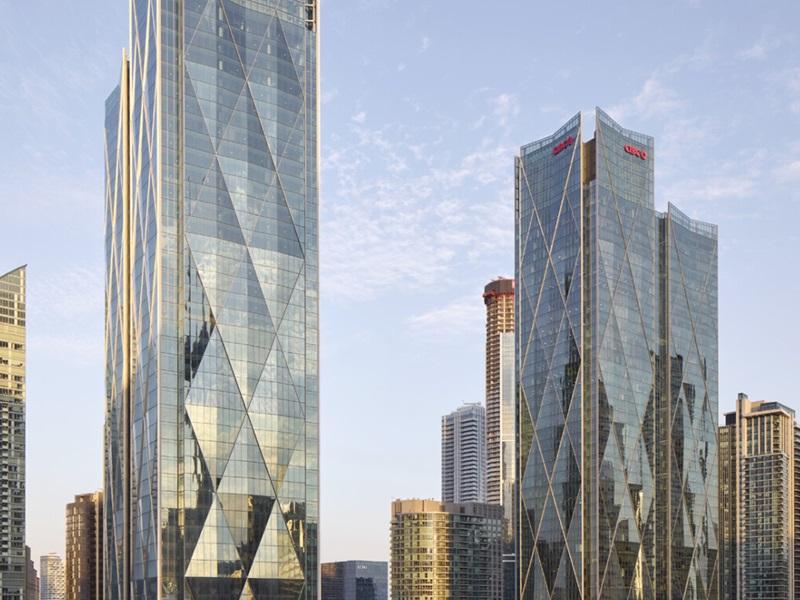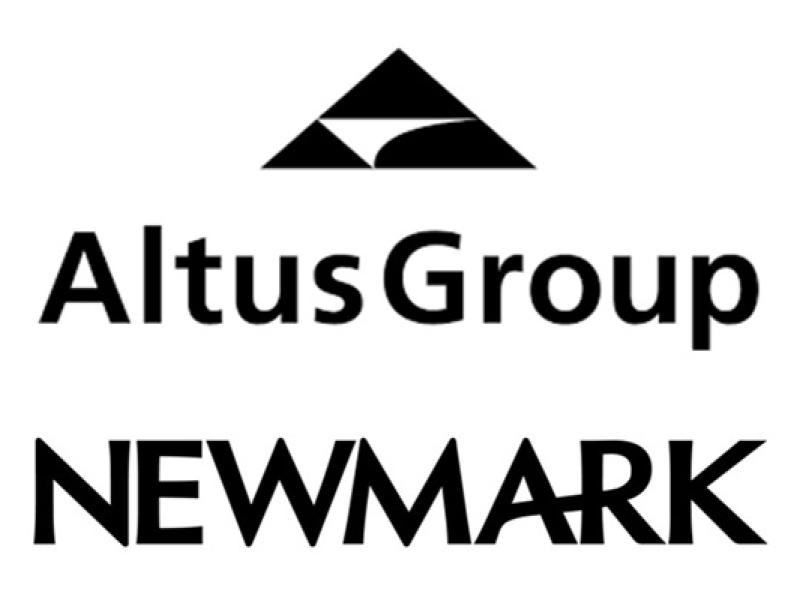
Strong demand, a shortage of supply and expanding prices have been such consistent elements of Metro Vancouver’s industrial property market that it felt like a permanent condition.
It’s not anymore.
In recent months, sales and lease prices have flattened and are even retreating in some cases as vacancy increases and demand eases off amid ongoing elevated interest rates, economic uncertainty and higher building costs for developers.
Developers have put some projects on hold, and in other cases have adapted their projects and designs to respond to changing market conditions, lower revenues and higher construction costs, according to speakers at a recent Urban Land Institute panel in Vancouver focused on the need for regional industrial intensification.
But will that intensification process be thwarted by a tired, cautious market?
Not so fast, says Eric Aderneck, a regional planner with Metro Vancouver and speaker at the panel.
Longer-term view of industrial sector
The market has slowed over the past year or so, but regional planners are looking at the longer term, Aderneck said.
“(I) expect that demand for industrial space and land will continue to track population growth, transportation, trade, economic employment activities," he observed. “Industrial businesses still need space and industrial developers will respond, albeit in a changing environment with new or evolving innovative forms of . . . buildings."
Throughout 2021 and 2022, the average quarter-over-quarter lease rate increase for net industrial rents was 6.2 per cent, according to Avison Young's Metro Vancouver Industrial Report for Q1 2024. Rental rates have stabilized over the last five quarters, showing a quarter-over-quarter average decrease of 0.2 per cent.
In Colliers’ first-quarter market report, the firm noted industrial absorption fell by 571,000 sq. ft. in the quarter with vacancy climbing 2.1 per cent — a 150 basis points climb, year over year. The report pegged asking net rent at $21.34 per square foot, down 3.5 per cent year over year. There is currently about 7.5 million square feet of new industrial space under construction.
Regional plans to protect industrial inventory
Metro Vancouver's Regional Growth Strategy aims to protect the region's industrial lands in the coming decades by supporting multi-storey buildings and encouraging higher-density industrial projects that include tech-based businesses on the higher levels. Currently, industrial-zoned land represents only about four per cent of Metro Vancouver's land base.
Metro Vancouver faces some serious challenges in protecting and improving its inventory of industrial lands, Aderneck said. Among them are constraints on land, both physical and regulatory, the conversion of industrial land to other uses and jurisdictional complexity.
In response to these challenges, the Regional Industrial Lands Strategy by Metro Vancouver has put together a lengthy list of recommendations that include 10 priority actions organized into four "big moves":
- protect remaining industrial lands;
- intensify and optimize industrial lands;
- bring existing supply to market and address site issues;
- and ensure a coordinated approach.
Developer says nothing gets built unless profit is there
Panelist Michelle Sotomayor is vice-president, development with Conwest Developments. She said the overall growth strategy and recommendations need to take into consideration the bottom line of profitably.
"When we bring a project forward, to distill it into some main considerations: it's around market, the regulatory environment, capital, finance and, of course, design,” she said.
The market has changed, with more availability than in past years.
Sotomayor said the market recently experienced the first quarter of negative absorption in years and lease rates are roughly 10-15 per cent lower than the most recent highs, anecdotally speaking. Developers are lacking motivation to produce new buildings.
Meanwhile, development costs and complexities are rising with developers facing more regulation, Sotomayor said.
City of Vancouver adjusts zoning laws
The City of Vancouver in November 2023 updated its industrial lands policy for the first time since 1995. "We ripped the Band-Aid off," said panelist Matthew Bourke, a planner with city.
The report called out the fact the city is losing economic activity to other cities due to costs and space shortages, while the zoning update created tweaks to industrial zoning categories to permit more diversified types of industrial uses.
As part of the changes, the city changed its I-2 zoning to allow a broader mix of uses in industrial-office buildings. That allowed for uses including medical, legal, accounting, insurance and other professional services to operate in these buildings.
Bourke said biotech and software development has become an important part of Vancouver's clean industrial base.
"The zoning in Vancouver is set up to try to balance those needs in terms of industrial and other employment uses, and the zones are set up to match the function of the area that they're in."
Innovative designs are happening, but it has to be worth it
No two industrial projects are the same, said panelist Craig Taylor, president of architecture firm TK+D, which has a lengthy portfolio of innovative industrial buildings in the region including multi-level projects like Riverworks and Ironworks.
For innovation to continue the cost to develop more advanced buildings must be outpaced by value and productivity, Taylor said.
“We've still got to drive down the cost of land and construction costs and development costs in general, to ensure that this equation works.”
EDITOR'S NOTE: This article was updated to correct the figure for the amount of Metro Vancouver land which is zoned for industrial purposes. The correct figure is approximately four per cent. The six per cent figure originally cited here applies to the City of Vancouver.










